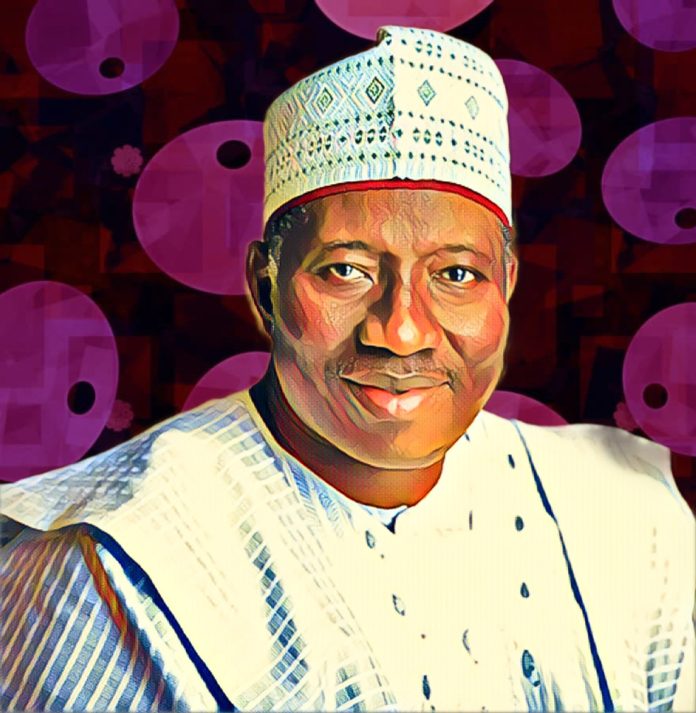Key Points
-
Boko Haram once nominated Buhari to negotiate with Jonathan’s government.
-
Jonathan calls Chibok girls’ abduction a lifelong scar on his presidency.
-
He urges both dialogue and force in tackling Boko Haram today.
Former President Goodluck Jonathan has revealed that Boko Haram insurgents once nominated Muhammadu Buhari to negotiate with his government during early peace talks aimed at ending the group’s violence.
Jonathan spoke at the launch of a book written by former Chief of Defence Staff General Lucky Irabor in Abuja on Friday.
The book, SCARS: Nigeria’s Journey and The Boko Haram Conundrum, details Nigeria’s long struggle with insurgency.
A scar that will never heal
Jonathan said the kidnapping of the Chibok schoolgirls in 2014 remains the most painful mark of his presidency.
“One of the major scars on my government is the scar of the Chibok girls. It is a scar that will die with me,” he told the audience.
The former president explained that his administration had set up several committees to try and negotiate peace with Boko Haram, but the group was unlike the Niger Delta militants he had dealt with as vice president under Umaru Musa Yar’Adua.
“In the Niger Delta, we used dialogue and incentives and it worked,” he said. “But Boko Haram was different. They rejected many approaches.”
Why Buhari’s name was put forward
Jonathan revealed that during one of the dialogue attempts, Boko Haram proposed Buhari to lead their negotiation team. At the time, Buhari was in opposition.
Jonathan said he thought that when Buhari later became president in 2015, it might have been easier to secure peace. But the insurgency did not end.
“I thought General Buhari would wipe them out in a reasonable time. But even today, Boko Haram is still there,” he said.
Jonathan also raised questions about how the group acquired heavy weapons. “Where are these guns and sophisticated weapons coming from? You begin to see that external hands are also involved,” he noted.
Lessons for Nigeria today
Jonathan urged current leaders to use both “carrots and sticks” in tackling Boko Haram — combining dialogue with military pressure.
He insisted that his government had tried many approaches but the insurgency proved far more complicated than many Nigerians believe.
“The truth is, if you research Boko Haram or talk to many people, you will only get part of the story,” Jonathan said. “The full story is bigger than what most people think.”
Defence Minister Mohammed Badaru, who represented President Bola Tinubu at the event, said Irabor’s book was not just history but a guide for the future.
He assured that the government was committed to modernizing the armed forces and building stronger partnerships to fight terrorism.
Still, Jonathan’s words carried a heavy reminder: the scars of Boko Haram are not just his to bear.
They remain a wound for Nigeria — one that cannot be wished away by promises, but only healed through decisive action and real reform.



